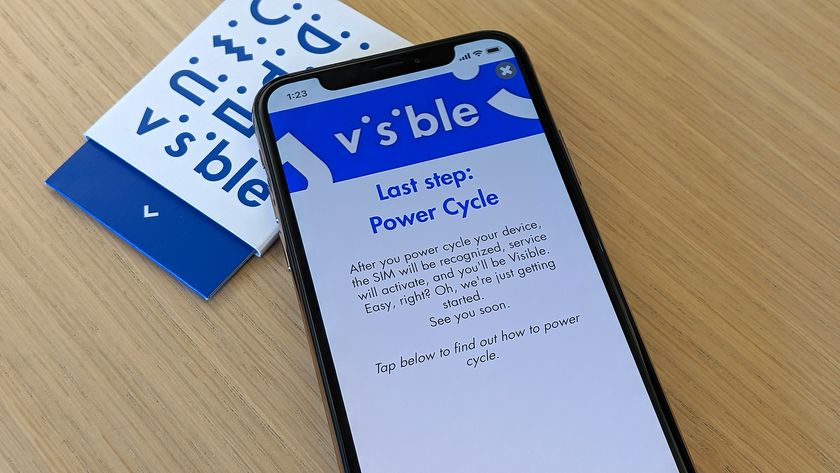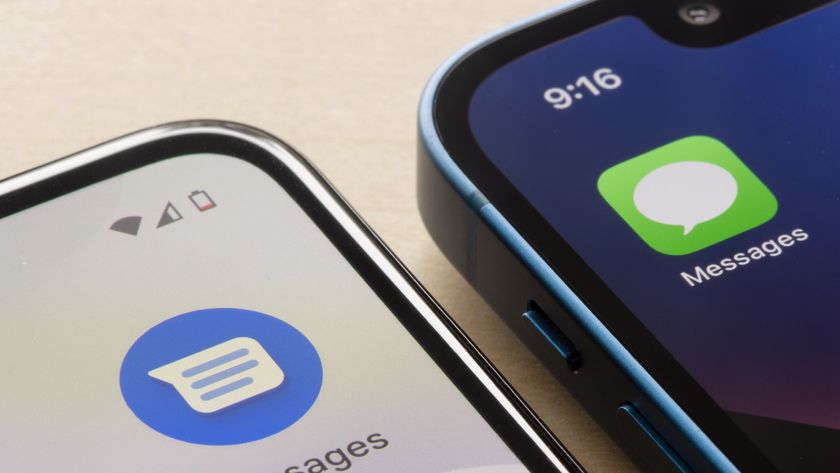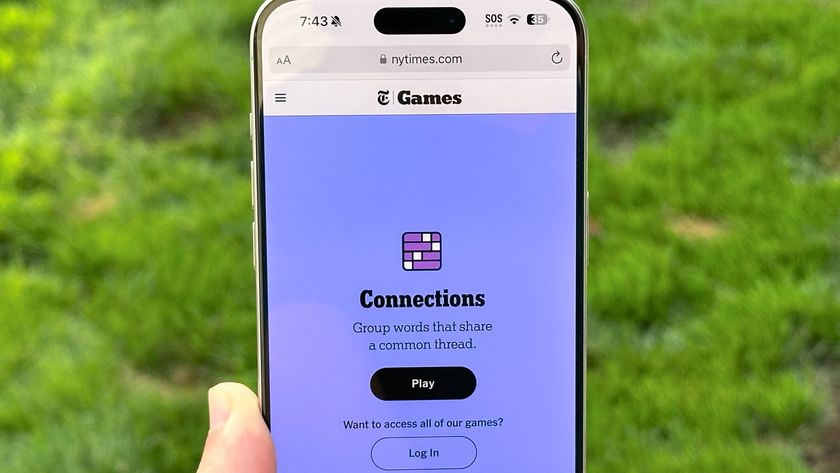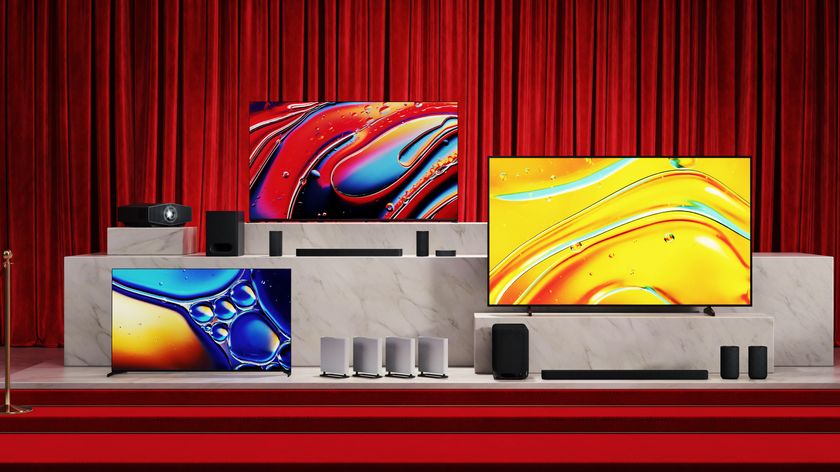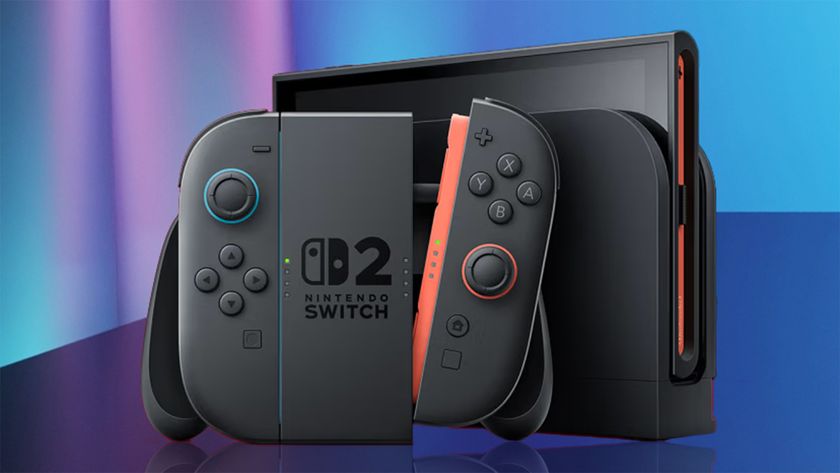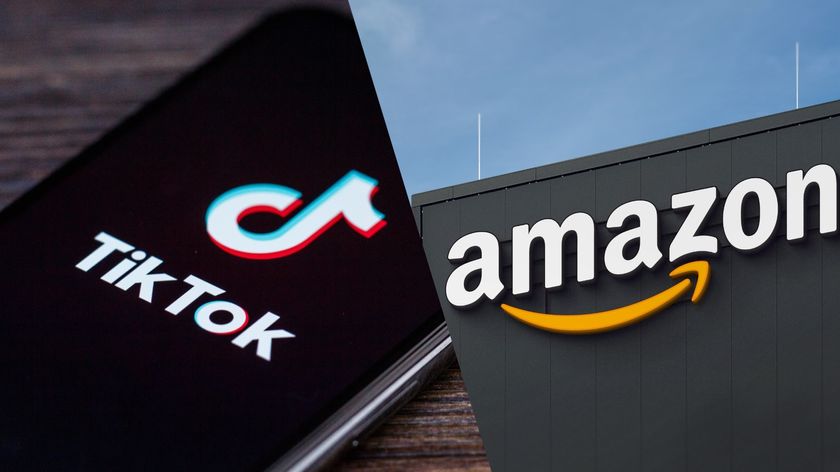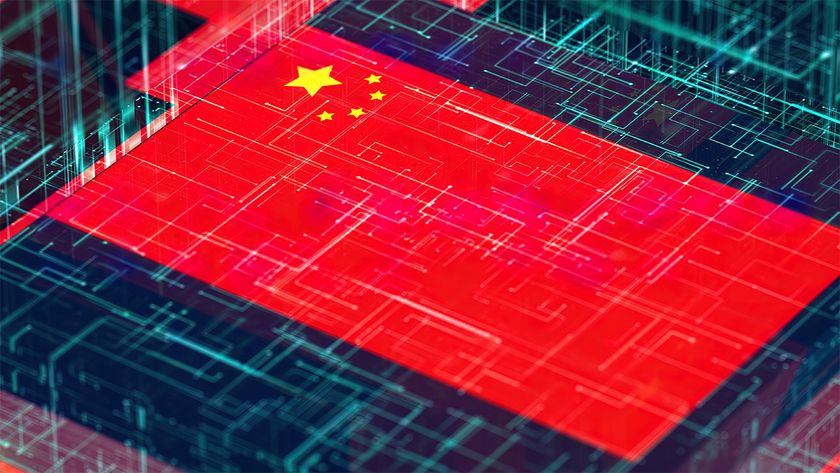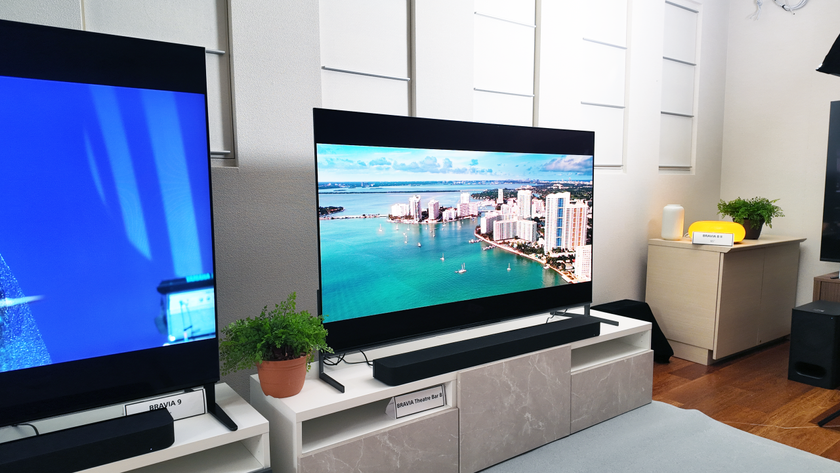What the $1 Billion Google-HTC Deal Means for Your Next Phone
Google has acquired the HTC division tasked with competing in smartphones, which should mean much tighter integration between hardware and software.
In a move that clearly demonstrates its design to change up the way it operates in the smartphone market, Google on Thursday (Sept. 21) announced a $1.1 billion acquisition of HTC's smartphone design and engineering arm.

In a statement on Thursday, Google's senior vice president of hardware, Rick Osterloh, said that he has made it his mission at Google to develop "compelling hardware products." He pointed to Google's efforts in the home with Nest and in the smartphone space with Pixel. But now with HTC, Osterloh said, Google's "big bet on hardware" will take another step forward.
"With this agreement, a team of HTC talent will join Google as part of the hardware organization," Osterloh said in a statement. "These future fellow Googlers are amazing folks we’ve already been working with closely on the Pixel smartphone line, and we're excited to see what we can do together as one team."
Perhaps not wanting to tip off what Google might have planned with its HTC deal, Osterloh didn't provide many hints at what the company might have in the works. At this point, it's clear Google has spent more than $1 billion for one reason, and one reason alone: to become a more important force in a smartphone market that has helped Apple generate billions of dollars each quarter. And perhaps most importantly, Google wants you to buy its products, like the upcoming Pixel 2, instead of others.
Google Wants to Be More Apple-Like
But in a statement, Forrester Research VP and principal analyst Thomas Husson said that the acquisition might also be about Google bolstering a hardware division that "has not yet been successful at selling consumer devices." He added that Google's move will provide the company with "the hardware technology expertise, the design skills and the experience in smartphone retail distribution" it needs.
For consumers, it could also translate to a better overall Google smartphone experience, IDC analyst Ramon Llamas told Tom's Guide in an interview. By acquiring HTC's smartphone expertise, Google can now control the hardware and software continuum that has made Apple so successful.
"It works towards Google’s advantage to have a hand in software and hardware at the same time," Llamas said. "This way you can marry the capabilities to each and potentially accelerate all of your features and functionality to market that much sooner."
Sign up to get the BEST of Tom's Guide direct to your inbox.
Get instant access to breaking news, the hottest reviews, great deals and helpful tips.
It's a sentiment that Husson shares. He said that the move illustrates that "Google is finally serious in developing a more tightly controlled device ecosystem." The result is the ability for Google to deliver "new technologies" like augmented reality and others that need that link between hardware and software, Husson said.
"This is kind of like what Apple does and you can see what’s happened as a result," Llamas added.
Fragmentation Killer?
Google's move might also be an attempt by the company to handle what has become known as its Android "fragmentation" problem, a scenario in which people around the globe are using different devices and running different versions of its Android software, ultimately creating headaches and security woes.
For its part, Google has said that it's working on the fragmentation and its industry partners are helping. But Husson believes it's still a problem and Google has decided nearly a decade after going to market with Android that it "needs to control the distribution of its services." Ultimately, it's possible consumers will get a better product by Google having its arms around the problem instead of relying on its industry partners to address it.
But not everyone might feel the impact of Google's move in the same way. While there may be broader macro market benefits, Llamas believes the true, "hardcore" Android fan will see the most benefit here.
"If you want an unadulterated version of what Android intends on a device and a smartphone, now you’re going to get it," he told Tom's Guide. "And if you’re a hardcore Android fanboy, then this is something you can look forward to."
However, Llamas also noted that those who prefer devices from Samsung, LG, and other vendors that make their own devices and create their own skins for Android, might find the HTC buy to be rather ho-hum.
"If you don’t fall into that power Android user, this won’t impact you that much," he said.
So, ultimately, the Google-HTC deal might affect you in varying ways and to a varying degree depending on the kind of Android user you are. But at least for Google's Osterloh, the real value in this acquisition might be felt not tomorrow or even next year, but over the span of decades.
"We’re excited about the 2017 lineup, but even more inspired by what’s in store over the next five, 10, even 20 years," Osterloh said. "Creating beautiful products that people rely on every single day is a journey, and we are investing for the long run."
Don Reisinger is CEO and founder of D2 Tech Agency. A communications strategist, consultant, and copywriter, Don has also written for many leading technology and business publications including CNET, Fortune Magazine, The New York Times, Forbes, Computerworld, Digital Trends, TechCrunch and Slashgear. He has also written for Tom's Guide for many years, contributing hundreds of articles on everything from phones to games to streaming and smart home.
